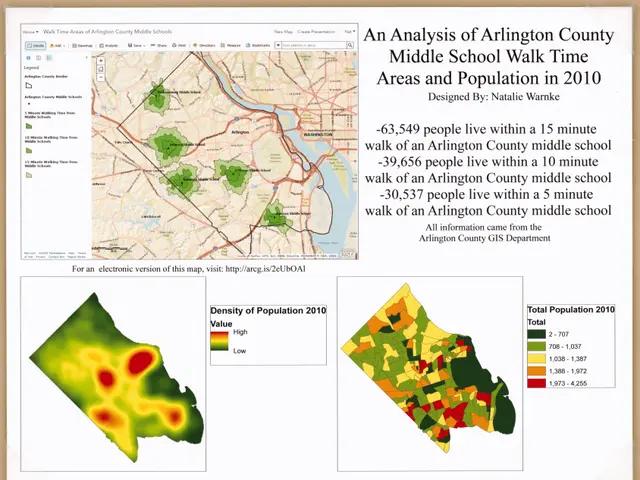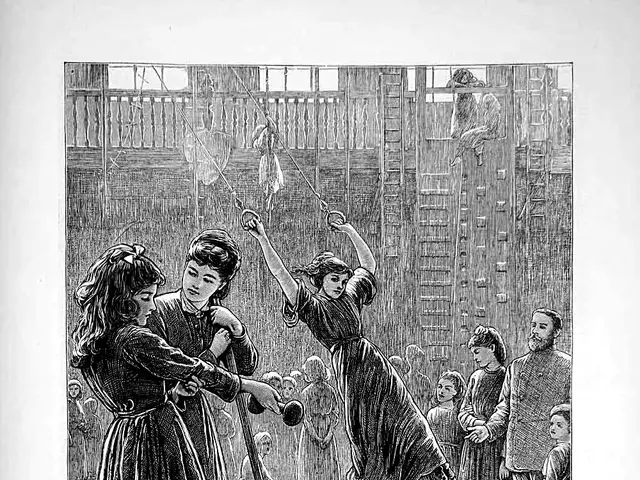New Hampshire bans cellphones in schools to boost focus and mental health
New Hampshire's Gov. Kelly Ayotte has signed a new budget that includes a significant measure to tackle youth mental health issues and reduce distractions in schools. The $15.9 billion state budget, signed in June, features a bell-to-bell cellphone ban in public schools. This policy prohibits cellphone use from the start of the school day until dismissal.
The ban, which came into effect this year, has been well-received by educators and students. During a recent visit to schools, Gov. Ayotte received positive feedback about the new policy. Bedford High School Superintendent Michael Fournier reported a more positive and focused learning environment due to the ban. Education Commissioner Caitlin Davis echoed this, stating that the policy helps teachers focus on student success and supports students in building stronger peer relationships.
New Hampshire joins over two dozen other states that have implemented similar news or restrictions. The effectiveness of the new policy has been particularly notable in the Manchester School District. A 2023 Gallup study found that at least 51% of American teenagers were using social media apps at least four hours a day. The ban aims to address this excessive use and its potential impact on mental health.
The bell-to-bell cellphone ban in New Hampshire's public schools is part of a broader effort to create a more conducive learning environment and address youth mental health concerns. With positive feedback from educators and students, and evidence of improved focus and peer relationships, the policy seems to be achieving its intended goals.
Read also:
- Executive from significant German automobile corporation advocates for a truthful assessment of transition toward electric vehicles
- Crisis in a neighboring nation: immediate cheese withdrawal at Rewe & Co, resulting in two fatalities.
- United Kingdom Christians Voice Opposition to Assisted Dying Legislation
- Democrats are subtly dismantling the Affordable Care Act. Here's the breakdown








